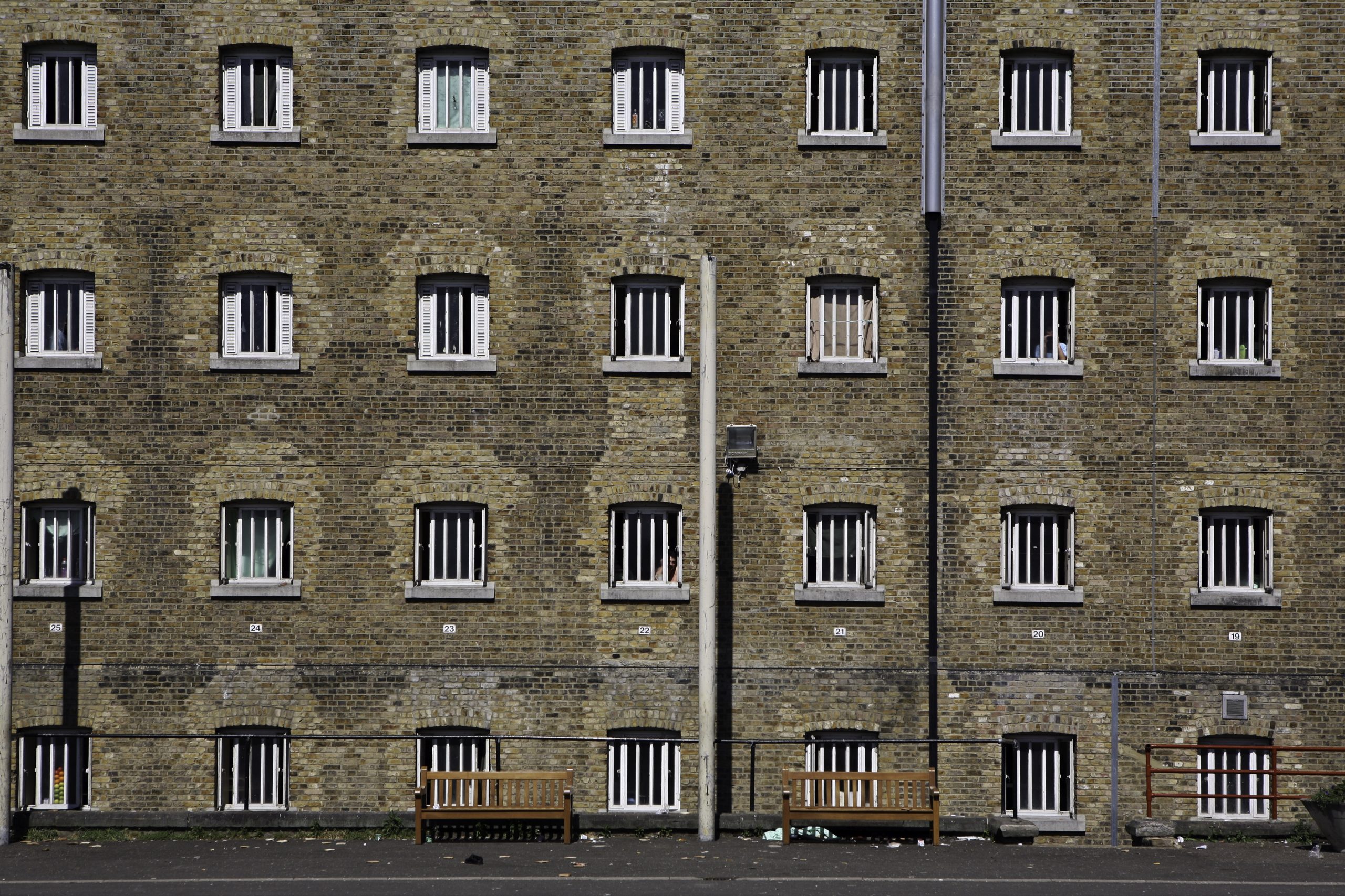Prisoners with symptoms of COVID-19 at HMP Wandsworth were not permitted to shower or exercise for up to 14 days, an inspection has found. Three one-day visits were made to three prisons – Wandsworth in South London, Altcourse on the Isle of Sheppey, and Elmley, a G4S-run prison in Liverpool – on April 28th.
It was reported that in Wandsworth symptomatic prisoners had been locked in their cells for up to two weeks with no opportunity for showers. In one prison, inspectors reported that the shower rooms were ‘too dilapidated to be cleaned to a safe standard’ and on one wing the hot water supply ‘could not cope with the current level of demand’. Prisoners had to use the gym showers in groups. ‘Soap was not always available to all prisoners in their cells,’ the report said.
As of the weekend, 411 prisoners have tested positive for COVID-19 across 74 prisons in England and Wales, and 540 prison staff tested positive across 71 prisons.
Purposeful activity had been limited to exercise and a shower at the three prisons. At Elmley, prisoners had 30 minutes of exercise plus time for a shower; whereas at the other two jails, prisoners had to choose whether to use their 30 minutes for exercise or a shower. At Elmley and on some wings at Wandsworth, there were no showers or exercise at all on one day of the week to, according to the inspection, ‘enable delivery of shop-bought goods to prisoners and the exchange of clothing and bedding’.
The suspension of social visits was found to be having a big impact across the prisons, however all three had in-cell phones which were ‘much appreciated’ by the prisoners although they ‘did not compensate fully’ for the lack of face-to-face time with families and friends.
Primary mental health applications were found to have increased due to prisoners’ anxieties about the restrictions and some specialist mental health interventions had ceased entirely, although high-risk prisoners were managed through one-to-one work.
While social distancing was working effectively in some areas, it was found to be inconsistent and some staff and prisoners were ‘clearly not following guidance’. The ‘narrow Victorian-era prison landings’ in Wandsworth were found to be ‘especially problematic’.
The Inspectors found that the number of prisoners had not been significantly reduced, and ‘large numbers’ of those arriving were recalled prisoners serving short periods – for example, Wandsworth had received 19 recalled prisoners the week prior to the inspection, most serving only seven to 14 days.
The inspection found just one prisoner across the three prisons visited had been released under the Government’s early scheme. It had originally been reported that as many as 4,000 prisoners across England could have been released under the scheme.
‘Very few prisoners had been released through the early release scheme. While the prisons’ populations had all declined slightly, each had received large numbers of recalled prisoners. In two prisons, there was adequate practical support for those being released, but in one there was evidence of many being released without fixed accommodation.’
Chief Inspector Peter Clarke advised that there are potentially greater challenges for prisons in the coming months as restrictions are eased. Shadow justice secretary David Lammy told The Independent that preventing prisoners from showering was ‘incredibly concerning’, and that such conditions were ‘not sustainable or acceptable for the many months it is expected to take to get a Covid-19 vaccine’.
The inspections were new style ‘short scrutiny visits’ which are shorter and less thorough than full inspections but allow inspectors ‘to tell the story of life in prison during the current crisis and comment on the proportionality of the action being taken’.







